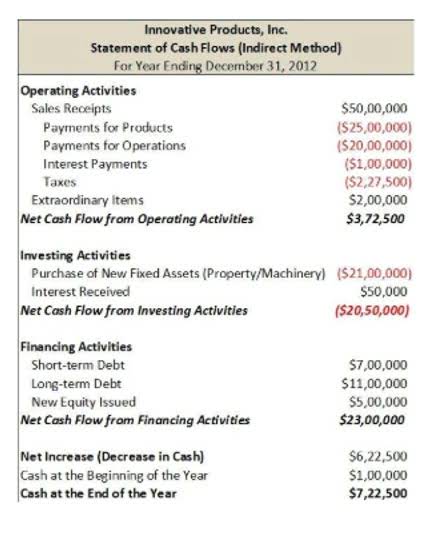
If you don’t like math or you’re not particularly good at it, then you’ll probably find accounting to be hard. Becoming an accountant can be challenging if you’re not great at math or https://www.bookstime.com/ are unable to manage your time well. Effective time management also involves setting realistic goals and deadlines for oneself and effectively managing interruptions and distractions.

Mastering Accounting Software
These units derive from the production and delivery of services or goods. Keep reading in order to make a more lucid distinction between the definitions of cost accounting and financial accounting. We’ll discuss the key differences between the two in terms of their content, function, purpose, and applicability. Students must understand the specific circumstances of the client presented, select audit procedures to reflect this understanding and correctly interpret the results obtained. These two exams are based on real-life examples and you will be required to apply the knowledge gained on the applied skills level by analysing information using the correct methods. This will not be possible if you do not grasp the theory well from the Applied Skills level.
Jack Tocho – Wolfpack cornerback, finance and accounting major – also hosts a talk show – Poole College of Management
Jack Tocho – Wolfpack cornerback, finance and accounting major – also hosts a talk show.
Posted: Fri, 02 Dec 2016 08:00:00 GMT [source]
Is accounting a hard major?
Accountants play a crucial role in providing accurate and reliable information that helps businesses make informed decisions and meet regulatory requirements. However, the intricacies of accounting can pose significant challenges even to the most dedicated professionals. Financial accounting requires an in-depth understanding of concepts, and that usually requires students to study the courses with full commitment.
- There are instances when accounting isn’t simple; these times call for digging through statistics, placing pieces of a puzzle together, and locating less transparent financial information.
- Additionally, you’ll be required to learn and apply various “rules.” These rules are referred to as concepts, terms, and principles.
- These courses provide you with a robust set of skills and knowledge that go above and beyond what many employers are looking for.
- In contrast, finance is more future-oriented, analyzing data to make strategic financial decisions that will impact the organization’s performance moving forward.
- For instance, the Generally Accepted Accounting Principles (GAAP) followed in the United States may differ from the International Financial Reporting Standards (IFRS) used globally.
Lack of Clarity in Concepts
By that, I mean Chapter 2 is going to be a struggle if you don’t understand Chapter 1. Typically, I’ll work with a student to reinforce what they already know and build on that foundation to push forward to the new material. If you don’t enjoy working with numbers, accounting is not the right field for you. Plus, more countries are slowly adopting the International Financial Reporting Standards (IFRS). So as long as you understand the IFRS, you will have more opportunities to work abroad.
- As an accounting student, you’ll need to analyze financial data, prepare financial statements, and delve deep into financial accounting, managerial accounting, and even forensic accounting.
- By leveraging their respective expertise and insights, organizations can make informed decisions, enhance financial performance, and ensure compliance with accounting principles and regulations.
- Accounting data contains sensitive information — for example, account numbers, bank statements, and other personal or private information— that may be prone to cyber-attacks.
- Choosing an accounting career means choosing a career where details matter.
- If you have previous accounting qualifications, you may be eligible for exemption from some of the Applied Knowledge and Applied Skills exams.
- So, constantly track the prices of goods so that accountants can adjust the inventory valuation method accordingly.
Finally, invest in good accounting software so that bookkeeping and other accounting errors can be avoided or minimized. The first step to better cash flow management is to run a cash flow analysis. A cash flow analysis will also help financial accounting you identify accounting issues like miscalculations or improper revenue recognition and deal with them speedily. Also, with cloud-based accounting systems, you’d want to be concerned about hackers who may target your information.
Balancing Recreation with Rigorous Learning
- Additionally, accounting for the cost of talent acquisition and retention can be a tough nut to crack.
- While there are several fields and careers under the wider umbrella of accounting, you can always expect to work with numbers in some way.
- Additionally, DOD components transitioning to the Defense Agencies Initiative risk experiencing systems and processing disruptions and may miss opportunities to identify and address change management issues.
- Since accounting is a type of education that builds on itself, if you don’t grasp the basics, then you’re going to struggle with the more advanced concepts.

